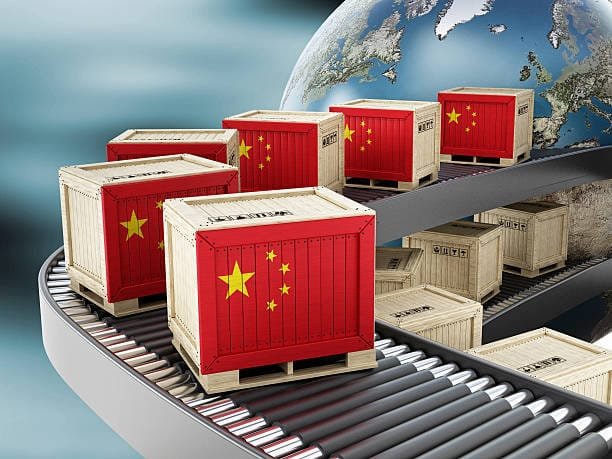Ever felt like finding a reliable supplier in China is like searching for a needle in a haystack? Trust me, I’ve been there. You’re juggling tight budgets, tight deadlines, and tight quality standards. It’s enough to make anyone pull their hair out!
Connecting with a Chinese supplier doesn’t have to be rocket science. Here’s how I make it happen: Start by doing your homework—check out platforms like Alibaba or Global Sources . Attend trade shows to meet face-to-face . Don’t forget the power of Google searches to find hidden gems . Once you’ve got a shortlist, reach out with clear specs and expectations. Communication is key, so use tools like WeChat or email to stay in touch regularly. Finally, visit the factory if you can, or hire a local agent to ensure everything’s on the up and up.
Keep reading to unlock the secrets of smooth supplier connections!

What Are the Best Platforms to Find Chinese Suppliers?
When you’re hunting for suppliers, platforms like Alibaba and Global Sources are your go-to spots. They’ve got tons of listings and reviews to help you make informed choices. Plus, you can filter by certifications to ensure quality.
How to Vet a Supplier Effectively?
Don’t just take their word for it. Check their certifications and ask for samples 🔗. Look for reviews or ask for references from their current clients. A quick Google search can reveal a lot about their reputation.
What Communication Tools Work Best?
Keeping in touch is crucial. I swear by WeChat for instant messaging and video calls. It’s super popular in China and makes communication a breeze. Email is also reliable, but having a messaging app on standby never hurts.
How to Handle Payment Safely?
Never send money upfront without some safeguards. Use Trade Assurance on platforms like Alibaba or set up an escrow account 🔗. This way, your money is protected until you receive your goods and are happy with them.
What to Look for During a Factory Visit?
If you can swing it, visiting the factory is a game-changer. Check their production capacity, quality control processes, and working conditions. It gives you peace of mind and a better understanding of their operations.
How to Negotiate Terms Like a Pro?
Don’t be afraid to negotiate. Start with a reasonable offer and be clear about your MOQ (Minimum Order Quantity) and pricing expectations. Remember, a good supplier values a long-term relationship, so aim for a win-win situation.
Why Certifications Matter?
Having the right certifications can make or break your deal. They ensure that the supplier meets international standards for quality and safety. It’s a non-negotiable for many buyers, especially in regulated industries.
How to Ensure Timely Deliveries?
Set clear deadlines and keep the communication lines open. Use tracking tools and request regular updates on your order status 🔗. Building a good relationship with your supplier often means they’ll prioritize your orders.
Dealing with Language Barriers?
Language shouldn’t be a hurdle. Use translation tools or hire a bilingual agent if needed. Most Chinese suppliers speak some English, but having clear, written instructions helps avoid misunderstandings.
Building a Long-Term Partnership
Think beyond the first order. Building a strong relationship with your supplier can lead to better prices, priority treatment, and exclusive deals. Treat them like a partner, not just a vendor.
Conclusion
Connecting with a supplier in China might seem daunting, but with the right approach, it’s totally doable. Do your research, communicate clearly, and build those relationships. Before you know it, you’ll have a reliable partner powering your business growth!










